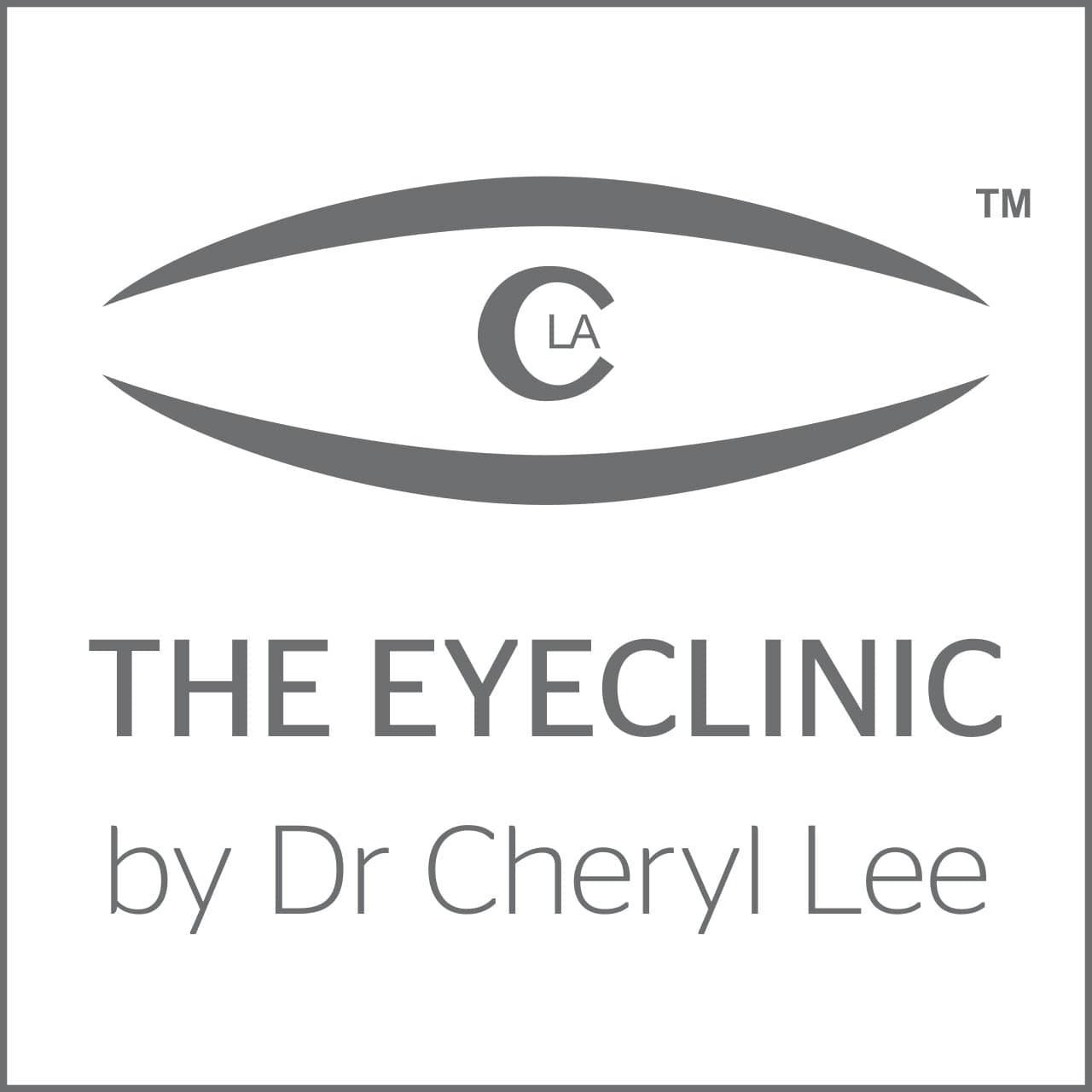Cataract surgery and Dry eyes
Cataract surgery is a widely performed procedure that helps restore vision to millions. It is typically safe and effective, but some patients notice dry eyes afterward. This article sheds light on the connection between cataract surgery and dry eyes, discussing causes, symptoms, and effective treatments.
What Are Cataracts?
Cataracts develop when the lens of the eye clouds over, causing blurred vision and difficulties with night sight. They are predominantly linked to aging; however, factors like diabetes, long-term corticosteroid use, and eye injuries can also play a role. During cataract surgery, the cloudy lens is removed and replaced with a clear artificial lens, which can markedly enhance vision quality.
The Dry Eye Phenomenon
Dry eyes occur when the eyes are unable to produce adequate tears or when tears evaporate too quickly. This condition can lead to various discomforts, such as redness, irritation, and even complications with vision. Statistics reveal that about 30% of individuals experience dry eye symptoms following cataract surgery, which can range from mild irritation to more severe discomfort, affecting daily activities significantly.
Why Does Cataract Surgery Cause Dry Eyes?
Multiple factors contribute to post-surgery dry eyes, and by understanding these, patients can manage their symptoms more effectively.
1. Surgical Trauma
Cataract surgery requires precise incisions in the eye, potentially disrupting the normal function of the tear glands. This surgical trauma can cause a temporary decline in tear production, resulting in dry eye sensations. Research shows that approximately 60% of patients experience reduced tear production in the weeks directly following surgery.
2. Changes in Tear Film
The tear film is crucial for eye health and comfort. Surgery can disrupt the balance of the tear film, leading to excess evaporation and dryness. For instance, studies indicate that many patients report increased evaporation rates in their tear film after surgery.
3. Pre-existing Conditions
Many cataract surgery patients may already suffer from conditions that contribute to dry eyes, such as meibomian gland dysfunction. The stress of the surgery can amplify these existing issues, compounding dry eye symptoms. An estimated 50% of patients may already have persistent dry eye symptoms before their surgery, making awareness essential.
4. Medications
Post-operative medications, including anti-inflammatory drops and antibiotics, can further contribute to dry eyes. Some of these drugs may alter tear production or diminish tear film quality, complicating recovery.
Symptoms of Dry Eyes After Cataract Surgery
Following cataract surgery, patients may encounter various symptoms, including:
Gritty or sandy sensations
Redness and irritation
Blurred vision
Light sensitivity
Trouble wearing contact lenses
Recognizing these symptoms early is vital for managing discomfort.
Managing Dry Eyes Post-Surgery
While post-surgery dry eyes can be annoying, several strategies are available for effective management.
1.Anti-inflammatory eye drops
2. Treatments to produce better quality of tears -read more here
3. Omega-3 Fatty Acids
Including omega-3 fatty acids in your diet may boost overall eye health. Esterification of omega 3 to create smaller molecules for better stomach absorption and type of fish used is important. Not all omega 3 are the same. This is the one I take. Some studies show that regular consumption of omega-3s can improve tear production by up to 50%.
4. Humidifiers
Using a humidifier in your living space can help maintain moisture levels and reduce tear evaporation. This simple adjustment can significantly alleviate dry eye symptoms.
5. Follow-Up Appointments
Regular follow-ups with your eye care provider are essential for monitoring recovery. Your doctor may recommend additional treatments, including prescription medications or lifestyle changes tailored to your needs.
When to Seek Medical Attention
If symptoms like severe discomfort, persistent redness, or vision changes occur, it is crucial to consult a healthcare professional. These symptoms may indicate a more serious underlying issue that requires evaluation.
Key Takeaways
Recognizing the connection between cataract surgery and dry eyes is crucial for patients considering this common treatment. While experiencing dry eyes post-surgery can be disappointing, a range of management strategies can help. At The Eye Clinic by Dr Cheryl Lee , we do not rush into cataract surgery but we treat the dry eyes in preparation for surgery. Bear in mind that 50% of patients have no symptoms of dry eyes and the surgery tips them into manifesting dry eye afterwards.
Taking the right steps to manage dry eyes can significantly improve your overall comfort and quality of life. Your eye health matters, so don’t hesitate to address any discomfort you may experience.

